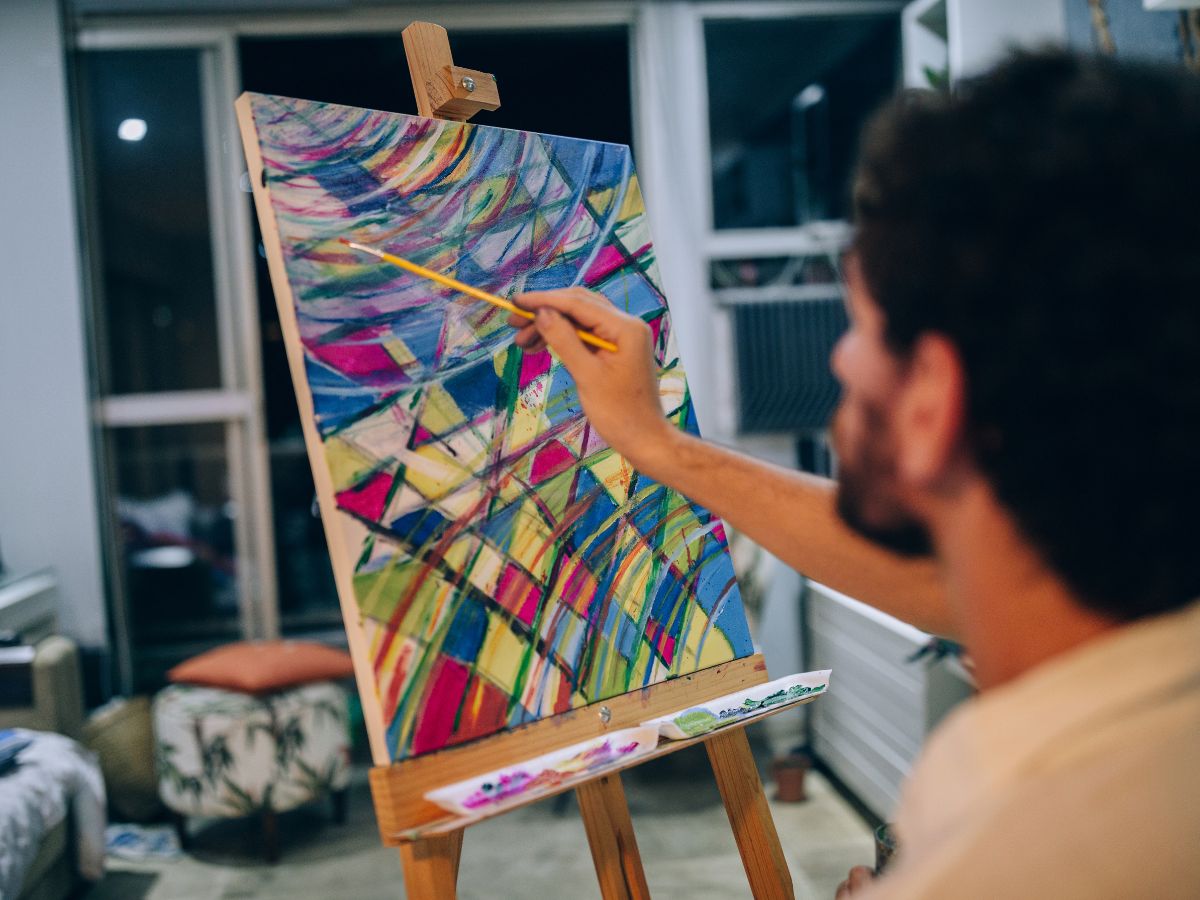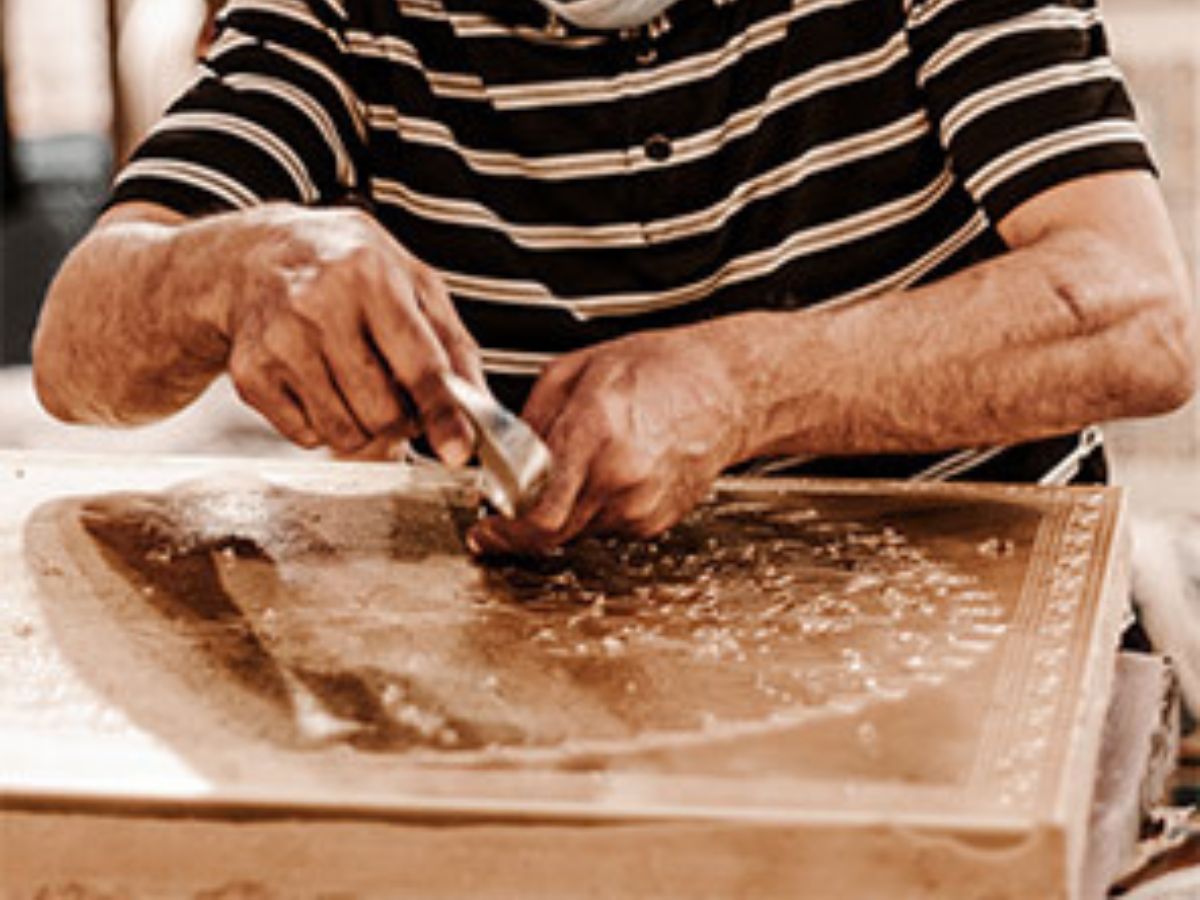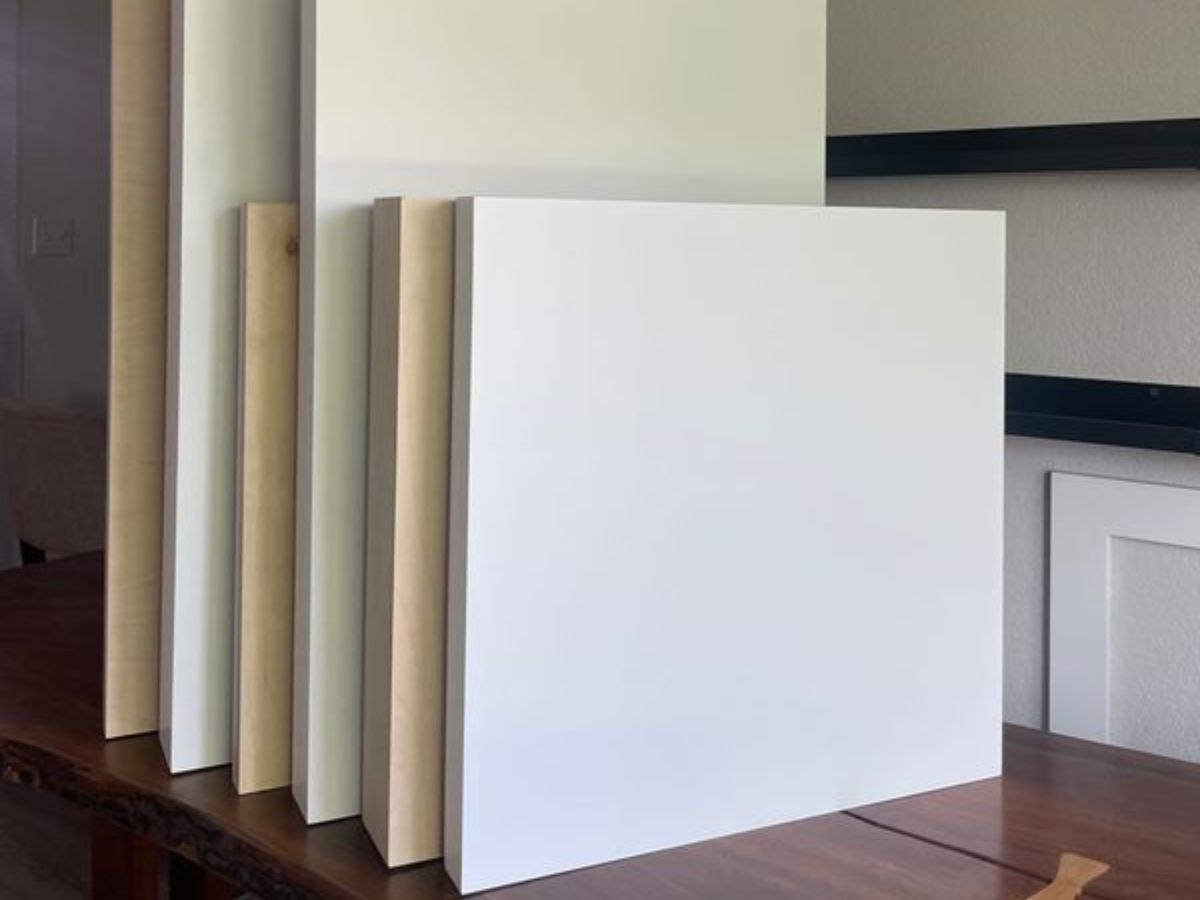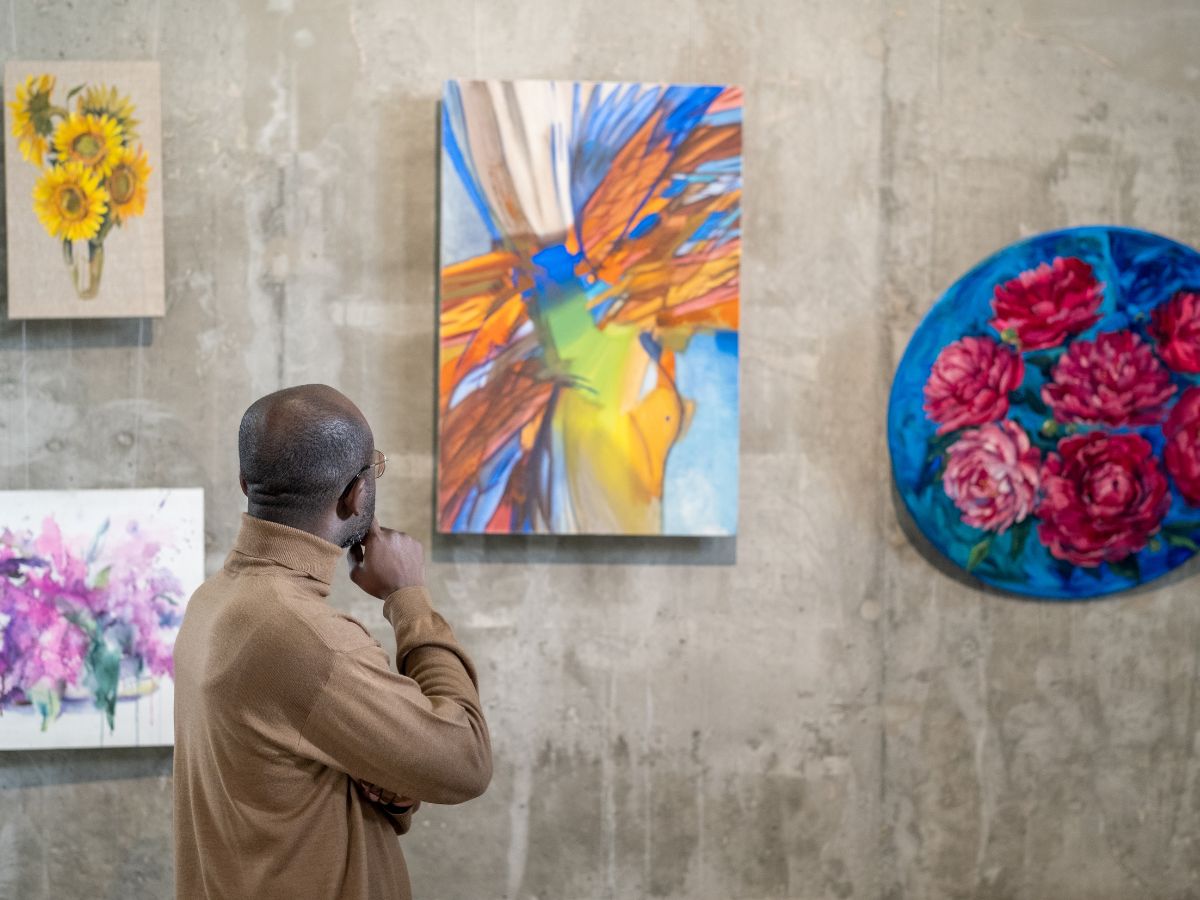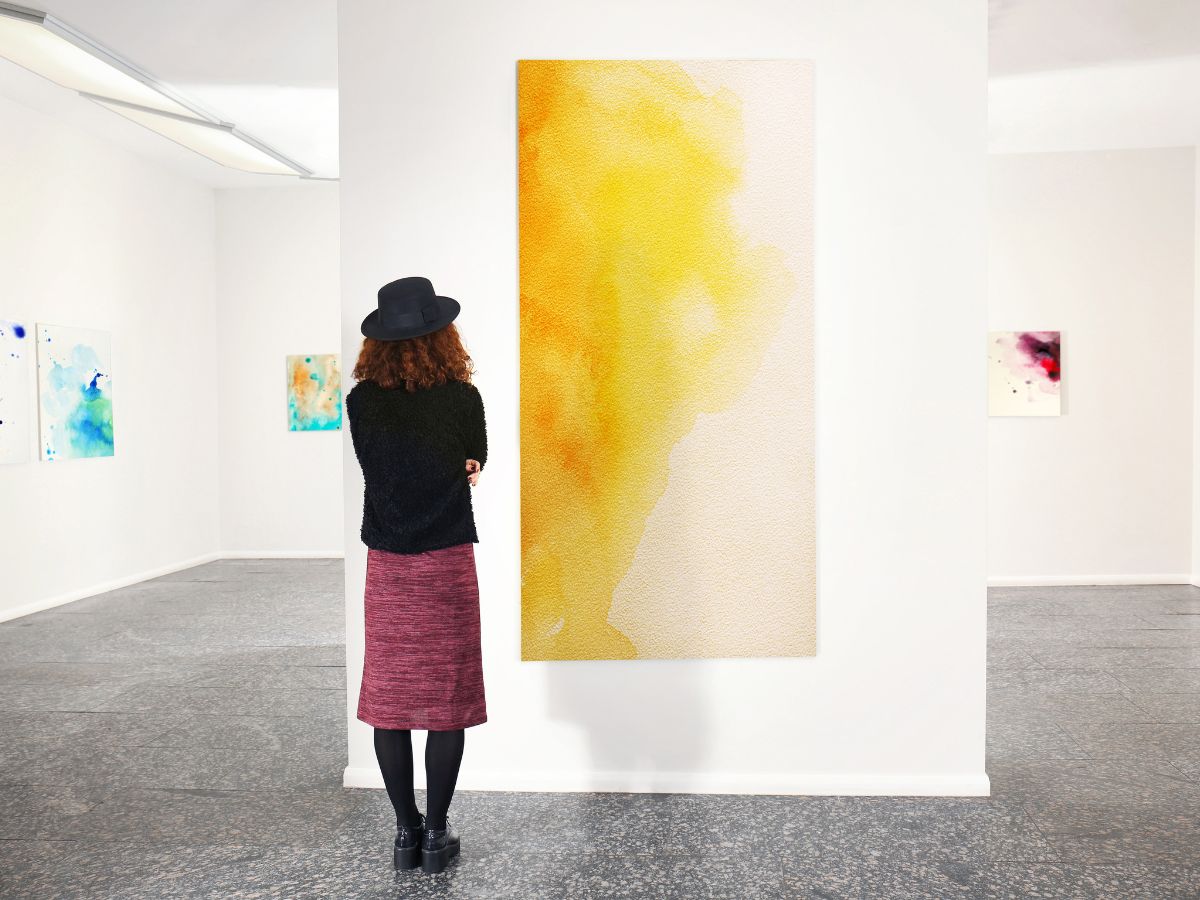
How to Hang an Acrylic Painting: Pro Tips
Hanging an acrylic painting might feel simple, but it’s surprisingly easy to make mistakes that could damage the work or its presentation. From a studio standpoint, taking time to do it right matters. Whether you’re an amateur, a seasoned painter, or an art lecturer setting up student work, here’s a guide to hanging your acrylic paintings.


